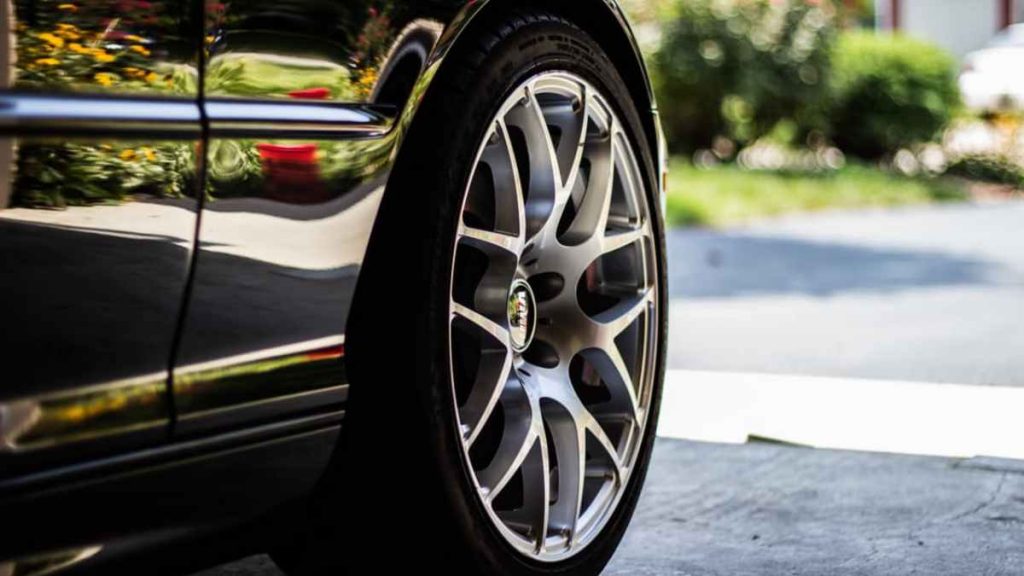Did you know there are about 6 million car accidents in the U.S. every year? That’s over 600 accidents every hour!
The worst part is that every year over 30,000 people die, 3 million get injured, and 2 million get permanently injured in car accidents.
And yet, there are a lot of misconceptions about car accidents. You may believe some yourself—things about insurance claims and legalities, for example, that aren’t true.
So in this article, we’ll clear up some of the most common myths about car accidents.
Let’s get started!
1. Your first priority is to move your vehicle to safety
While getting your vehicle out of the flow of traffic is good, it may not always be possible. Your first priority should be to get you and any passengers to safety. Then worry about your car.
2. Car accident laws are the same across the U.S.
Not true. Car accident laws vary widely across different states. They may have different regulations about determining fault, making insurance claims, and more. Do your research to make sure you know how a car accident will be handled where you are located.
3. You don’t need to call the police if the car accident is minor
Every state has different rules about when you need to call the police after a car accident. Usually, it’s based on whether there were any injuries or a certain threshold of damage (and it’s usually pretty low). Err on the side of reason and call the police if you’re not sure.
4. If you feel fine, you don’t need to see a doctor.
Some injuries aren’t immediately obvious. For example, you might suffer a concussion, internal bleeding, or a brain injury. Or you might not feel the pain due to the adrenaline running through your body.
As a result, it’s important to see a doctor even if you feel fine. A doctor’s diagnosis can detect injuries you may not, and even a minor accident can cause major injuries.
Was the accident a while ago? It’s never too late to get yourself checked out. And remember to keep any medical records as they’ll be important for your insurance claim.
5. You’re out of luck if the other driver is uninsured or did a hit and run
Fortunately, there are still ways to get compensation in these cases. For one, you may have uninsured or underinsured motorist coverage. In addition, hiring the right car accident attorney can help you get the compensation you deserve.
6. You don’t need a personal injury lawyer
If the accident is minimal and you only have minor injuries, you may not need a personal injury lawyer. However, most provide a free consultation and work on a contingency basis. That means they only charge you if you win your case. Then they take a percentage of your settlement (usually 20% to 40%).
So you really have nothing to lose by consulting an attorney. In fact, doing so could help you end up with more money in your pocket.
7. Your insurance company is on your side
The truth is that insurance companies are businesses. That means they do what is in their best interest and may try to minimize your payout.
To avoid accepting a lowball offer, it’s best to get a lawyer on your side. They can negotiate with your insurance company on your behalf.
8. The driver in the back is always responsible for rear-end collisions
Though most rear-end collisions are caused by the driver in the back, this is not always the case. For example, if a car cuts in front of another car, the car in front could be at fault.
9. You can’t collect damages if you have a pre-existing condition
This is absolutely not true. Though pre-existing conditions may affect your ability to get certain types of health insurance, it does not impact your ability to get compensation in car accidents. Those with pre-existing conditions are treated equally by the law when it comes to car accidents.
That said, some insurance companies may try to use a pre-existing condition against you and reduce your claims. So it’s best to have a lawyer on your side to help fight your case.
10. If you don’t sue immediately, you’ve missed your chance
Finally, some might mistakenly believe that if you don’t sue the other driver immediately after an accident, you’ve lost your chance. While states do have statutes of limitations that put a deadline on when you can make legal claims in a car accident, they may be longer than you think. So if you discover an injury after the fact, you may still have plenty of time to sue.
Now that you’ve learned the truth behind some common car accident myths, you’re better prepared to handle a car accident if you ever experience one.

